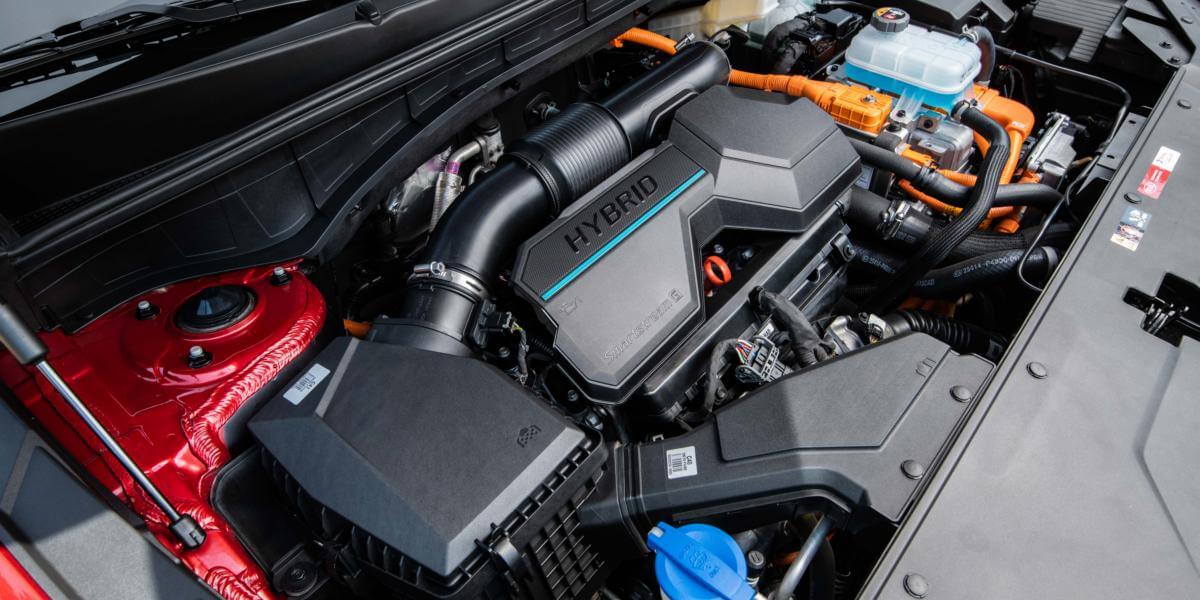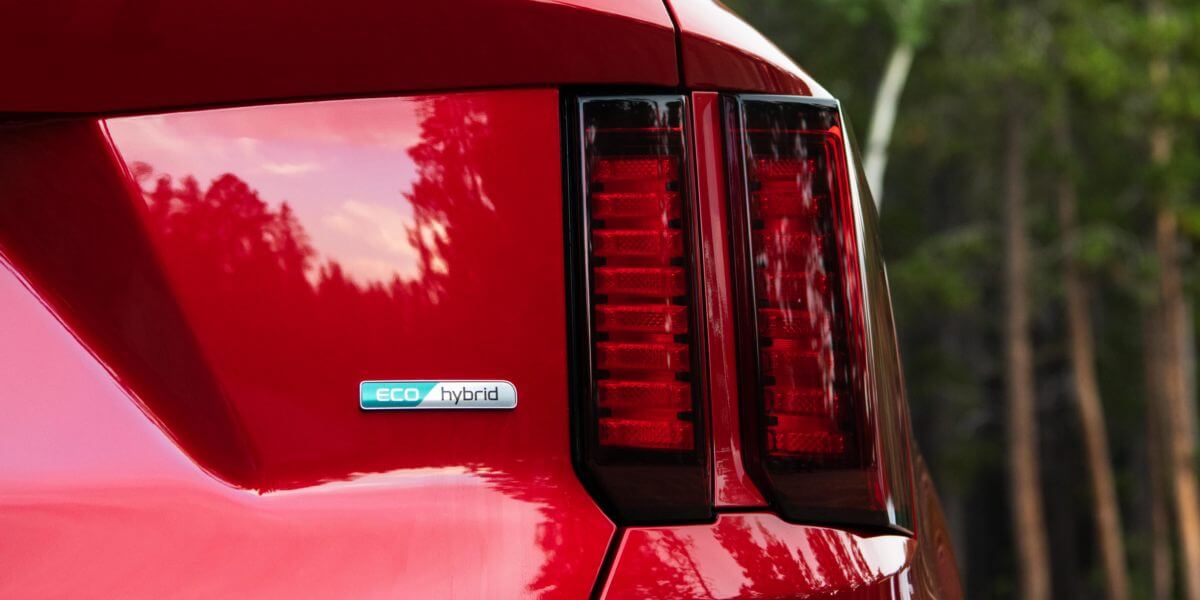The future might be electric, but the present is still hybrid.
This statement doesn’t really come as a surprise, though. It has already been well-established that hybrid cars are more convenient and user-friendly than fully-electric vehicles. At least for now. In addition to being more convenient, HEVs are also easier to manufacture than EVs. After all, developing a hybrid doesn’t require a whole new platform and powertrain; it’s merely adding a second system besides an already developed one. Assembly lines can also be upgraded to suit the production of HEVs at a small cost, which is why car manufacturers tend to offer more HEVs than all-electric vehicles.
The fact that hybrids are selling faster than EVs may also have something to do with the fact that most new cars released to the market can be classified as mild hybrid vehicles even though all they are equipped with is a generator and a small battery pack.

Bloomberg’s report claims that hybrid car sales rose 17% in 2019 YoY in the United States, 22% in the European Union, and 30% in China. On the other hand, fully-electric car sales only increased by a mere 6%.
This is not necessarily a bad thing, as hybrid vehicles have a significant role to play in the transition to fully-electric cars. These vehicles are necessary to build an element of trust and reliability into the minds of consumers. Hybrids help with range anxiety and give buyers a taste of what the future will be like. Still, carmakers are preparing for the revolution, as most of them have set strict deadlines for their lineups’ electrification.
Whether we like it or not, the future is electric. If the future of fully-electric cars was still uncertain just a little while ago, recent announcements by governments around the world concerning a complete ban on internal combustion sales in the near future made that quite clear.
To be continued…








